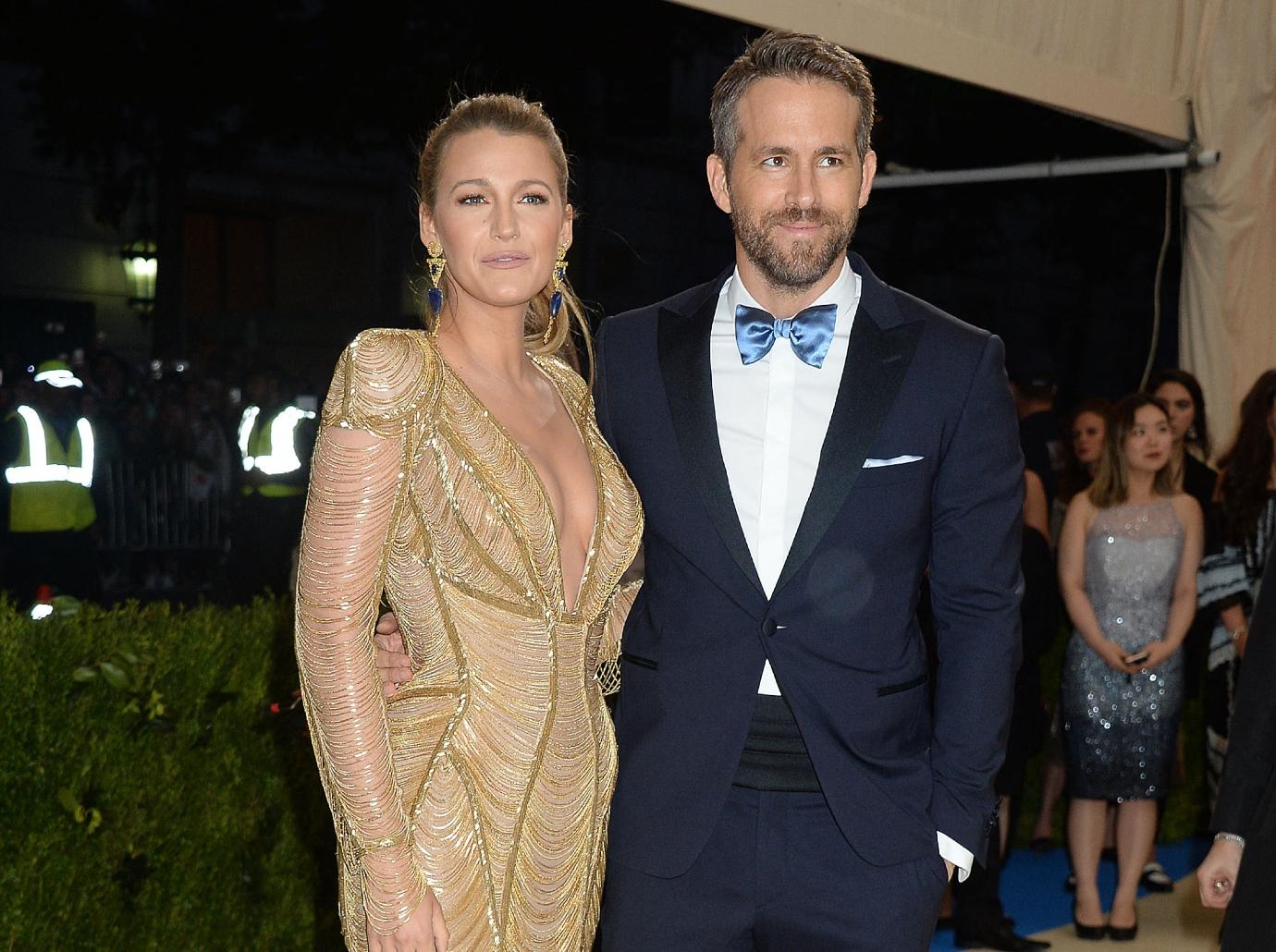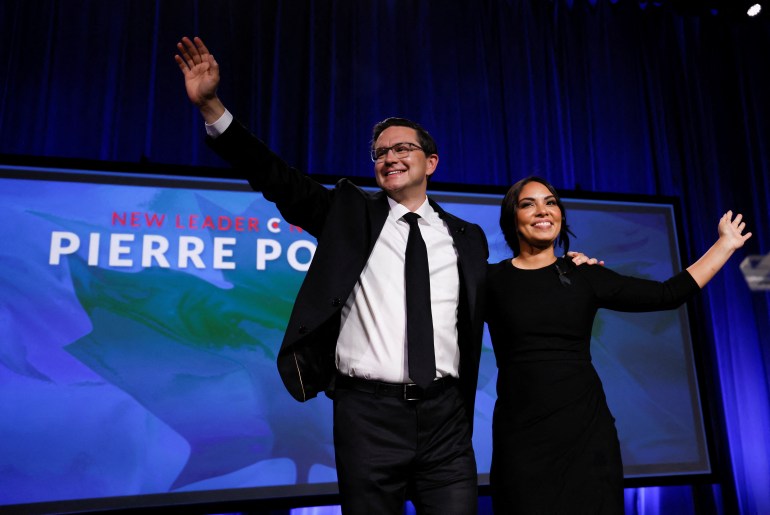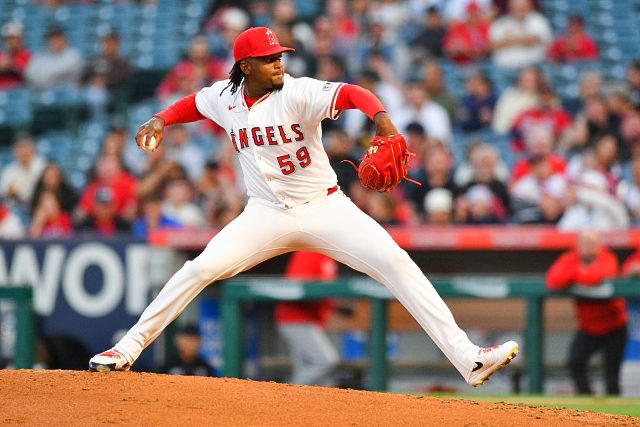FTC's Case Against Meta: Instagram, WhatsApp, And The Ongoing Legal Battle

Table of Contents
The FTC's Allegations Against Meta
The FTC's antitrust lawsuit against Meta centers on the acquisitions of Instagram in 2012 and WhatsApp in 2014. The core argument is that these acquisitions were not about innovation or market expansion, but rather about eliminating potential competitors and solidifying Meta's already dominant position in the social media market. This alleged monopolization, the FTC claims, harms consumers by limiting choice, stifling innovation, and potentially raising prices (although this last point is less directly addressed in the social media context).
-
Monopolization Claims: The FTC argues that Meta strategically acquired Instagram and WhatsApp to neutralize burgeoning threats. Instagram, with its innovative photo-sharing features, and WhatsApp, with its secure messaging service, were positioned to become significant rivals. By acquiring them, Meta allegedly prevented these companies from developing into independent competitors.
-
Anti-Competitive Behavior: The complaint goes beyond simply acquiring competitors. It alleges Meta engaged in anti-competitive conduct, including:
- Blocking competitor integration: Allegedly preventing Instagram and WhatsApp from integrating with other platforms or services.
- Leveraging data: Utilizing data obtained from Instagram and WhatsApp to enhance Meta's competitive advantage and hinder rivals. This includes using user data to inform product development and targeted advertising strategies.
- Restricting interoperability: Creating barriers to prevent seamless communication and data sharing between Meta's platforms and competing social media networks.
-
Violation of Antitrust Laws: The FTC contends that these actions violate Section 7 of the Clayton Act and Section 5 of the Federal Trade Commission Act, laws designed to prevent monopolies and protect competition and consumers.
Meta's Defense Strategy
Meta vehemently denies the FTC's allegations. Its defense strategy rests on several pillars:
-
Consumer Benefits: Meta argues the acquisitions of Instagram and WhatsApp brought significant benefits to consumers. Integration efforts, they claim, led to improvements in features, user experience, and accessibility across platforms. They highlight the cross-platform functionalities as examples of positive outcomes.
-
Competitive Market: Meta counters that the social media market is far from a monopoly. It points to the existence of numerous competing platforms, such as TikTok, Twitter (now X), Snapchat, and others, arguing a highly competitive and dynamic environment exists. They emphasize the constant innovation and evolution of social media as proof.
-
Innovation and Product Development: Meta’s legal team likely emphasizes the significant investments and innovations that followed the acquisitions, suggesting that they spurred competition rather than hindering it. They may argue that the acquisitions facilitated improvements in features and functionality not possible otherwise.
-
Challenging Market Definition: A key part of Meta's defense may involve challenging the FTC's definition of the relevant market. A broader definition might include more competitors, diluting the claim of market dominance.
The Ongoing Legal Battle and Potential Outcomes
The FTC's case against Meta is a complex and protracted legal battle. Court proceedings have involved numerous filings, motions, and hearings.
-
Current Stage: [Insert current status of the legal proceedings, including any recent court dates or significant filings. This section should be updated regularly to reflect the ongoing nature of the case.]
-
Potential Penalties: If the FTC prevails, Meta faces significant penalties, potentially including:
- Hefty fines: Monetary penalties could reach billions of dollars.
- Structural remedies: The most dramatic outcome could be a forced divestiture, requiring Meta to sell either Instagram or WhatsApp. This would fundamentally reshape the social media landscape.
-
Impact on Future M&A: The outcome will significantly impact future mergers and acquisitions (M&A) in the tech industry. A ruling against Meta could set a precedent for increased regulatory scrutiny and stricter enforcement of antitrust laws.
-
Changes to Antitrust Laws: The case may lead to calls for reforms to antitrust laws, potentially updating them to better address the unique challenges posed by the digital economy and the power of large tech companies.
Impact on Data Privacy Concerns
The FTC's case also highlights crucial data privacy concerns. The acquisition and subsequent integration of Instagram and WhatsApp resulted in Meta gaining access to a massive amount of user data.
-
Data Privacy Implications: The lawsuit underscores the need for greater transparency and accountability regarding data collection and usage by large social media companies.
-
Data Protection Regulations: The case could influence the development of future data protection regulations, pushing for stricter rules on data sharing and interoperability between platforms.
-
Role of User Data: The FTC's arguments likely hinge on how Meta used the acquired user data to gain an unfair competitive advantage, while Meta will likely argue this data was used to improve services and benefit users.
Implications for the Future of Social Media
The FTC vs. Meta case holds profound implications for the future of social media:
-
Reshaping the Competitive Landscape: A ruling against Meta could significantly reshape the competitive landscape, potentially fostering increased competition and innovation. This could lead to the emergence of new social media players and platforms.
-
Increased Regulatory Scrutiny: The case signals an increased likelihood of regulatory scrutiny for tech giants, prompting closer monitoring of their business practices and acquisitions.
-
Impact on Innovation and Consumer Choice: The outcome could influence the pace of innovation and ultimately affect consumer choice. A more competitive market might encourage innovation, while stricter regulations might slow down development.
Conclusion
The FTC's case against Meta concerning Instagram and WhatsApp represents a critical juncture in the ongoing debate surrounding the power and influence of tech giants. The outcome will have far-reaching implications for antitrust law, data privacy, and the future of the social media landscape. The legal battle highlights the complexities of regulating powerful companies while encouraging innovation and protecting consumer interests. The ongoing battle underscores the need for a careful balance between fostering competition and protecting user data.
Call to Action: Stay informed about this crucial FTC vs. Meta case and its impact on the future of social media by following further developments in the ongoing legal battle. Understanding the arguments on both sides is critical to comprehending the evolving regulatory landscape of the digital world. Keep checking back for updates on this important case concerning the FTC and Meta.

Featured Posts
-
 Poilievres Lost Lead Analyzing The Conservative Campaigns Decline
Apr 23, 2025
Poilievres Lost Lead Analyzing The Conservative Campaigns Decline
Apr 23, 2025 -
 Seven Shutout Innings Skubals Masterful Performance Against Brewers
Apr 23, 2025
Seven Shutout Innings Skubals Masterful Performance Against Brewers
Apr 23, 2025 -
 23 Y Tur Rpl Spartak Unichtozhil Rostov
Apr 23, 2025
23 Y Tur Rpl Spartak Unichtozhil Rostov
Apr 23, 2025 -
 Musks Priorities Questioned State Treasurers Pressure Tesla Board
Apr 23, 2025
Musks Priorities Questioned State Treasurers Pressure Tesla Board
Apr 23, 2025 -
 Izmir Okullar Tatil Mi 24 Subat Pazartesi Son Dakika Okul Durumu Ve Valilik Aciklamasi
Apr 23, 2025
Izmir Okullar Tatil Mi 24 Subat Pazartesi Son Dakika Okul Durumu Ve Valilik Aciklamasi
Apr 23, 2025
